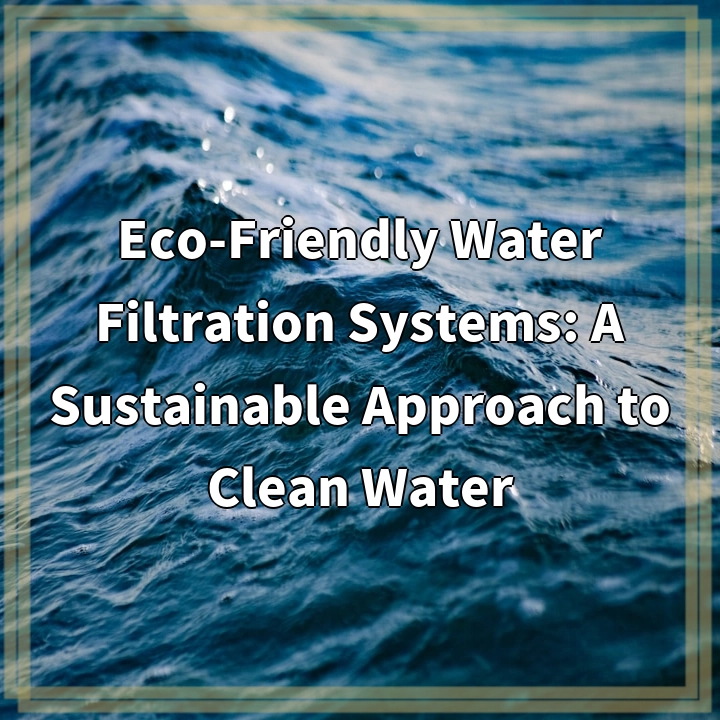
What it is:
Sustainable alternative fuels are energy sources that provide a cleaner, more eco-friendly option compared to conventional fossil fuels. These fuels can be derived from renewable resources, such as plants, waste materials, or synthesized processes leveraging renewable energy. Common types of sustainable alternative fuels include biofuels (like biodiesel and ethanol), hydrogen, and synthetic fuels produced from renewable electricity. The primary goal of sustainable alternative fuels is to reduce greenhouse gas emissions, enhance energy security, and promote a circular economy by utilizing resources that would otherwise go to waste.
Real-World Problems
Despite the promising potential of sustainable alternative fuels, several real-world challenges hinder their widespread adoption and implementation. One major issue is the cost of production. Many sustainable fuels are currently more expensive to produce than fossil fuels, making it difficult for them to compete in a price-driven market.
Land Use and Resource Competition
Another significant concern is land use and resource competition. For instance, the cultivation of crops for biofuels can contribute to food scarcity and price increases, as arable land is diverted away from food production. This raises ethical questions regarding the prioritization of fuel over food in a world where millions still suffer from hunger.
Infrastructure Challenges
The lack of adequate infrastructure also poses a barrier to the adoption of sustainable alternative fuels. Many regions lack the necessary distribution systems, fueling stations, and vehicle modifications to support these types of fuels, leading to a slow rollout and a lack of consumer acceptance.
Technological Limitations
Technological limitations present another challenge. While advancements are being made, many sustainable fuel technologies are still in the experimental or early commercialization stages. Therefore, scalability and efficiency remain significant hurdles that must be addressed for these fuels to become mainstream.
Policy and Regulation
Lastly, the need for comprehensive policy and regulatory frameworks is essential to support the growth of sustainable alternative fuels. Governments need to create incentives, set mandates, and establish regulations that encourage research and development, as well as consumer adoption. Without strong policy support, the transition to sustainable fuels may be hampered.

Solutions to Promoting Sustainable Alternative Fuels
Addressing the challenges associated with sustainable alternative fuels requires a multifaceted approach that incorporates technological innovation, policy support, and public engagement. Here are some potential solutions:
Reducing Production Costs
Investing in research and development can contribute significantly to reducing the production costs of sustainable alternative fuels. As technologies advance and production methods improve, economies of scale can lower costs, making these fuels more competitive with fossil fuels.
Integrated Land Management
Implementing integrated land management strategies can help alleviate the competition for land between food and fuel production. This includes using waste materials for fuel production and selecting feedstocks that do not conflict with food crops, such as biomass from non-food plants or agricultural residues.
Building Infrastructure
Strengthening the infrastructure to support sustainable alternative fuels is crucial. This involves expanding fueling stations, enhancing transportation and distribution networks, and investing in vehicle technology that can run on these fuels. Public-private partnerships can play a vital role in this process.
Advancing Technology
Continued investment in advancing technology related to sustainable fuels is essential. This might involve developing more efficient production processes, improving storage solutions, and exploring new fuel types. Facilitating collaboration between academia, industry, and governments can accelerate innovation.
Strengthening Policies and Incentives
Governments need to create comprehensive policies and incentives that encourage the adoption of sustainable alternative fuels. This could include tax credits, subsidies for research and development, and establishing mandates for renewable fuel usage. Implementing carbon pricing can also make sustainable fuels more economically attractive.
Enhancing Public Awareness
Finally, enhancing public awareness and education regarding the benefits of sustainable alternative fuels can foster greater acceptance and demand. Campaigns that highlight success stories and reduce misconceptions can help build a supportive community around these energy sources.















